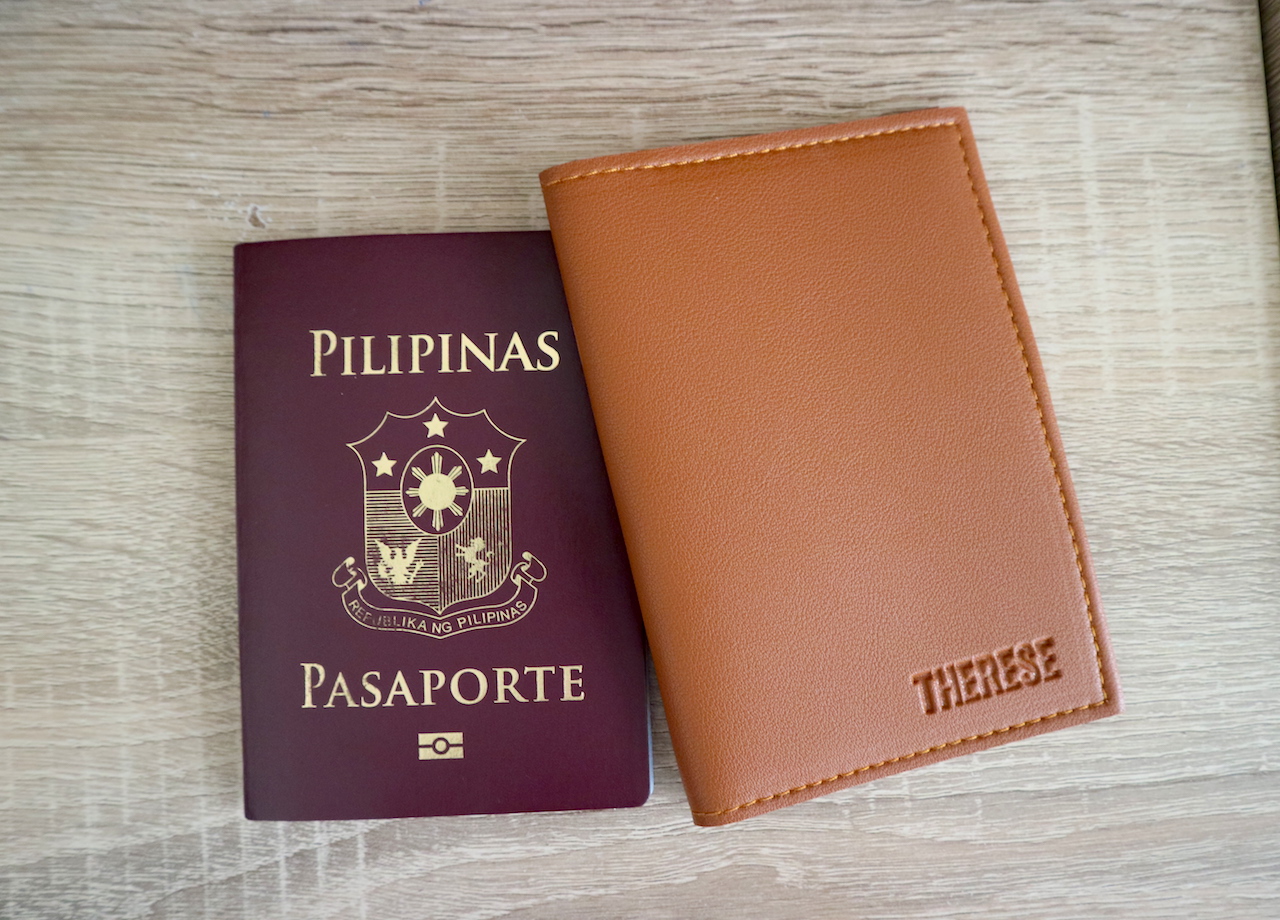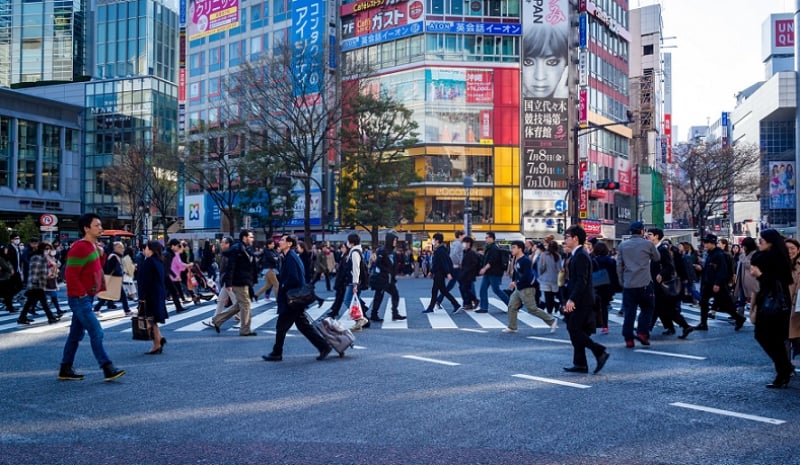The hardest visa for Filipinos to obtain is generally considered to be the U.S. visa due to its stringent vetting process and extensive documentation requirements.

Categories of Visas
Tourist Visas
In the context of the Philippine passport holders, tourist visas are generally for short-term stays where the individual is not allowed to engage in any business or employment activities. Some countries offer visa on arrival or visa-free entry for Filipino tourists, while others, like the United States, Canada, and most European countries, require a prior application.
- Eligibility: Explains who can apply for a tourist visa.
- Documentation: Lists the documents commonly required, such as bank statements, itineraries, and hotel bookings.
- Processing Time: Discusses how long it typically takes to receive the visa.
- Cost: Details the fees involved in the application process.
Work Visas
Work visas are essential for Filipino nationals who wish to take up employment in another country. The requirements for a work visa can vary greatly depending on the destination country, but they often involve a lot of paperwork and prior arrangement with an employer.
- Eligibility: Outlines who can apply based on skills, job offer, or sponsor.
- Documentation: Discusses documents such as employment contract, educational certificates, and professional licenses.
- Processing Time: Duration usually varies depending on the country.
- Cost: Fees involved, often paid either by the employer or the applicant.
Business Visas
Business visas are for individuals who are visiting a foreign country for business purposes like attending a conference, making a business deal, or other professional activities.
- Eligibility: What you need in terms of a business plan or invitation from a business entity in the destination country.
- Documentation: Requirements often include business letters, proof of business activities, and financial statements.
- Processing Time: How long it typically takes for approval.
- Cost: The financial aspect of applying for a business visa.
Student Visas
Student visas are often necessary for Filipinos wishing to study abroad. These are generally long-term visas that allow an individual to stay in a country for the duration of their educational program.
- Eligibility: Criteria like acceptance from an educational institution and sufficient funds.
- Documentation: Required papers such as admission letters, academic records, and financial proofs.
- Processing Time: Usually takes longer due to thorough checks.
- Cost: Application fees and other possible charges.
Family and Partner Visas
These visas allow Filipino nationals to join family members who are already residents or citizens of another country. Partner visas are for spouses or fiancés.
- Eligibility: Relationship proofs such as marriage certificates for partner visas or birth certificates for family visas.
- Documentation: Varied, but often includes proof of relationship and financial stability.
- Processing Time: Can take several months or even years for complicated cases.
- Cost: Usually more expensive due to the long-term nature of these visas.
The Hardest Visas to Get
For Filipinos, obtaining a visa is not always straightforward. The difficulty in securing a visa varies from country to country, largely dependent on bilateral relations, the applicant’s personal circumstances, and the country’s immigration policies. Here are some countries that are particularly stringent when it comes to granting visas to Filipinos.
Listing the countries with stringent visa requirements for Filipinos
- United States: Known for its tough vetting process, requiring multiple documents, interviews, and even social media scrutiny.
- United Kingdom: Asks for substantial financial proof, employment records, and sometimes even language tests.
- Canada: Requires an exhaustive list of documents and a strong reason for visitation.
- Australia: Stringent checks for financial stability and often requires a sponsor.
- Schengen Area: Consists of 26 European countries that require substantial paperwork and financial records.
Discussing the reasons behind the difficulty
- Stringent Immigration Policies: Some countries have strict immigration rules to control the inflow of foreigners.
- Security Concerns: Issues such as illegal immigration, terrorism, and crime influence how strict a country’s visa policies are.
- Economic Factors: Countries want to ensure that visitors will not become a financial burden.
- Bilateral Relations: Diplomatic relationships between the Philippines and the other country can impact visa policies.
- High Application Volumes: Countries with a high influx of applicants might tighten their visa approval process to manage the numbers.

Factors Influencing Visa Approval
Understanding the factors that influence visa approval can provide valuable insights for Filipinos who are planning to travel, work, or reside in another country. Knowing what the requirements are and how they are evaluated can make the application process less daunting.
Income and Financial Stability
Income and financial stability play a significant role in visa approvals. Consulates want to ensure that the applicant can financially support themselves during their stay in the country.
- Bank Statements: Shows your financial history, savings, and expenditures.
- Tax Returns: Proof of consistent income through tax payments.
- Pay Slips: Additional evidence of a stable income.
Employment Status
Your employment status often directly impacts your chances of receiving a visa. Full-time employment in a reputable company can significantly enhance your application.
- Employment Contract: Provides details of your job role, salary, and employment duration.
- Company ID and Letter: A letter from the employer stating your role, employment duration, and the reason for your travel can be advantageous.
- Professional Qualifications: Any additional certifications or licenses related to your profession.
Travel History
A good travel history can indicate that you have returned to your home country as required by previous visas, which can be a positive factor in your new visa application.
- Passport Stamps: Previous entry and exit stamps can serve as proof.
- Visa Records: Prior visas, especially those from high-ranking countries, can improve your chances.
- No Overstays: Records showing that you have not overstayed in any country can work in your favor.
Sponsorship
Having a sponsor can sometimes facilitate the visa application process, especially for work or family-based visas.
- Sponsorship Letter: A detailed letter from the sponsor stating their relationship to you and their commitment to support.
- Financial Proof from Sponsor: Bank statements or income records from the sponsor.
- Legal Status of Sponsor: Documents proving the sponsor’s legal status in the destination country can also be important.